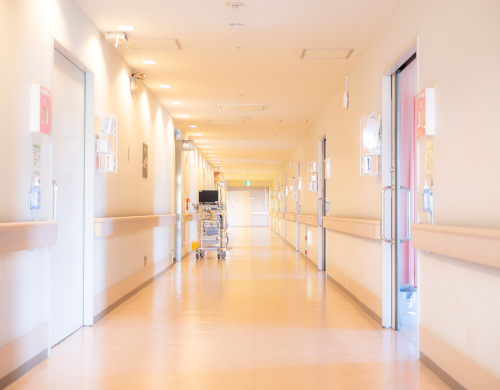Owners with a for-profit focus have left nursing homes vulnerable to COVID as they prioritize profit over quality operations. Nursing home owners poised their homes to fail during the coronavirus pandemic, says a recent article in the New York Times. Years of private-equity and private-investor ownership left for-profit nursing homes running on thin margins and with inadequately low staffing, rendering these homes incapable of protecting workers or residents when the coronavirus ravaged their facilities.
Over the last decade or so, anticipating a high demand for care from aging baby boomers and the influx of Medicare and Medicaid reimbursements, private equity and private investment firms began investing in nursing homes. Now a large majority—nearly 70 percent—of American nursing homes are for-profit homes, and many of these are owned by private investors who manage to eke out a sizeable profit even as the homes lose money, fall into disrepair, and see quality care plummet.
According to the article, investors often create separate companies to hold the real estate of the nursing homes they acquire, a practice which enables them turn a profit in the following ways:
- Separating the more valuable real estate from the less valuable business protects assets against financial loss from lawsuits.
- Control over real estate enables investors to lease the building back to operators, to raise rents, and to charge high fees for management and consulting.
- Investors can require nursing homes to buy products or services (pharmaceuticals, ventilators, ambulance transport, etc.) from other companies they own.
One example of this involves Chicago investor William Rothner and one of the 60 nursing homes he has a stake in: Andover Subacute and Rehabilitation Center I and II, the COVID-ravaged New Jersey nursing home where 17 bodies were found. The home’s operator, Alliance Healthcare, faces fines of over $200,000 from federal health regulators; the fine could continue to grow unless problems (including a violation of infection control safety practices and pandemic guidances) are corrected. Meanwhile Rothner, owner of the home’s two buildings, leases them to Alliance Healthcare for about $8 million a year.
While investors make their profits, nursing home operators are meanwhile left with high bills, soaring liabilities, stalled occupancy, poor facilities, and below-average, highly inconsistent staffing. The result: for-profit homes consistently perform far worse than nonprofit homes in quality care; they also rack up violations more rapidly. Statistics also show that, once nursing homes are taken over by private equity firms, nursing staff hours per patient drop 2.4 percent and staff quality falls 3.6 percent. It is no wonder that, once a global pandemic struck, these nursing homes were unable to manage or contain the crisis.
Meanwhile, the nursing home industry is seeking widespread immunity from COVID lawsuits, with 16 states offering this protection and legislation pending to extend such immunity countrywide.
Putting Your Loved One First
It is always important to ensure the Philadelphia/PA or NJ nursing home where your loved one lives has his or her best interests at heart. In such uncertain times as those presented by the coronavirus pandemic, securing the safety and well-being of Pennsylvania and New Jersey nursing home residents is more pressing than ever before. If the safety or quality of care of a Philadelphia/PA or NJ facility during COVID-19 concerns you, or if you suspect neglect, abuse, or fraud has occurred at the Pennsylvania, Philadelphia, or New Jersey nursing home where your loved one lives, please contact nursing home abuse attorney Brian P. Murphy to discover your legal rights and options.







